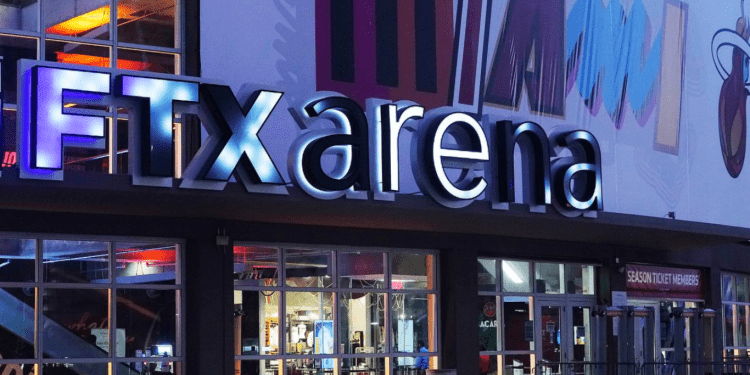Following the FTX crisis, funds exposed to the collapsed crypto exchange have recorded between 7% and 12% AUM trapped. According to Crypto Fund Research, November will set a record with the highest number of withdrawal requests from investors to crypto hedge funds.
Crypto Fund Research Discovery
With over 100 crypto funds typically reporting monthly performance to Crypto Fund Researcher, the data provider has received updates from affected funds over the past few days following the FTX collapse.
The statistics follow an email from Crypto Fund Research CEO Josh Gnaizda to institutional investors noting that the hedge funds’ exposure to the beleaguered exchange FTX has been, on average, between 7% and 12% of assets under management. According to the email, “most crypto funds have some exposure to FTX through one or more of their portfolio companies.”
Industry players also speculate the heavy tolls of FTX’s collapse against asset managers, noting, “it appears to be mounting, still.” This comes in light of a new research note suggesting that between 25% and 40% of crypto-related hedge funds had some direct exposure to FTX or the exchange’s native token, FTT.
A crypto hedge fund manager has disclosed, “The number of funds getting wrecked by the FTX saga is just starting to come to light.” The official is granted anonymity because of a lack of authority to speak to the media.
The catastrophe follows the move by Binance to drop the proposed acquisition deal in light of FTX’s liquidity crunch. The company cited “new reports regarding mishandled customer funds and alleged US agency investigations” as part of the reasons for backing out.
In a Sunday report by Reuters, at least $1 billion of customer funds were unaccounted for following the move by former FTX CEO Sam Bankman-Fried (SBF) to transfer $10 billion of FTX user funds to sister company founded by SBF himself, Alameda Research.
In the email, Gnaizda cites confirmation by Paradigm and Sequoia Capital that they were affected, with $278 million and $213 million exposure to FTX, respectively. In a recent tweet, crypto lender Genesis also confirmed exposure to the fallen exchange, calling up to $175 million in inaccessible funds:
“As part of our goal in providing transparency around this week’s market events, the Genesis derivatives business currently has ~$175M in locked funds in our FTX trading account. This does not impact our market-making activities.”
During an earnings call last week, Galaxy Digital CEO Michael Novogratz also disclosed that his company had almost $77 million worth of cash and digital assets with FTX, noting that over 50% of that value was in the withdrawal process.
Similarly, CoinShares also communicated during a Thursday statement that its total exposure to FTX was about $30.3 million. Ikigai founder Travis Kling made the latest report on Bloomberg, saying his crypto asset-managing firm had the lion’s share of its assets tied to FTX.
Further, according to a Sunday report by Bloomberg, crypto hedge fund Galois Capital had up to $45 million exposure to the bankrupt crypto exchange FTX. Galois Capital made headlines only recently after the investment manager promoted an Ethereum proof-of-work (PoW) form in August. Galois Capital confirmed the exposure in a November 12 tweet, saying, “We did have significant funds stuck on FTX. No, we did not use any Bahamian method to move funds out.
A spokesperson for Pantera Capita also disclosed that the firm had approximately $100 million in exposure to FTX.
Expect a Record Number of Investor Redemption Requests in November
According to Gnaizda, once the crisis is settled, losses from cryptocurrency hedge funds and crypto venture funds that were directly exposed to the collapse of Sam Bankman-Fried’s empire will record associated losses of well over $1 billion and potentially as much as $5 billion.
The researcher adds that he expects a record number of investor redemption requests from crypto hedge funds in November, potentially totaling about $2 billion, $700 million more than the current record ($1.3 billion) set in June after the Terra debacle.
According to Gnaizda, the FTX contagion will affect funds regardless of whether they were exposed directly or indirectly, citing spillover in Solana and the crypto markets. In his words:
“We expect a significant portion of the affected funds to enforce gate provisions or limit/suspend redemptions temporarily.”
This comes as related venture funds may endure hardship amid a fundraising environment and industry-wide liquidations expected to create strong headwinds for crypto prices in the short term.














